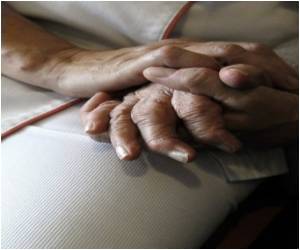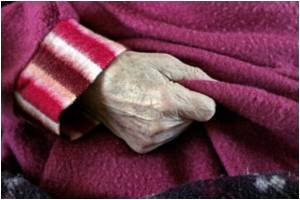Alzheimer's is better detected by family and friends than tests and other traditional methods, claims a new study.

"The AD8 gives us a brief and very low-cost alternative that takes a few minutes of the informant's time to screen for dementia and thus identify those individuals who need follow-up evaluations to determine if there truly are signs of Alzheimer's," said John C. Morris.
Traditional early-stage dementia screening tools only give a snapshot of a person's cognitive abilities at one point in time - when they're being tested.
In the current study, informants are asked to rate the following areas:
Reduced interest in hobbies and other activities
Repeating of questions, stories or statements
Advertisement
Difficulty handling complicated financial affairs, such as balancing a chequebook
Advertisement
"These informants can give us the retrospective perspective we need to know that a person's mental abilities have begun to meaningfully decline, indicating that additional testing is needed," Morris said.
"Based on our results, the AD8 appears to be superior to conventional testing in its ability to detect signs of early dementia. It can't tell us whether the dementia is caused by Alzheimer's or other disorders, but it lets us know when there's a need for more extensive evaluations to answer that question," Morris said.
The study is published online in the journal Brain.
Source-ANI













